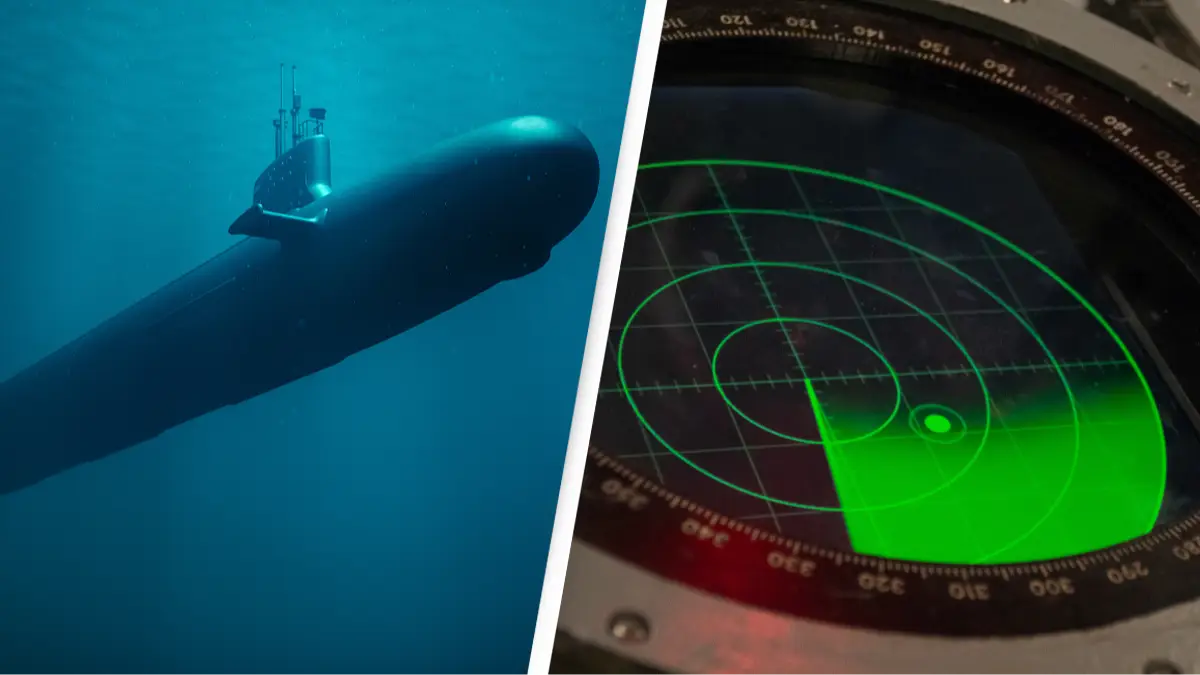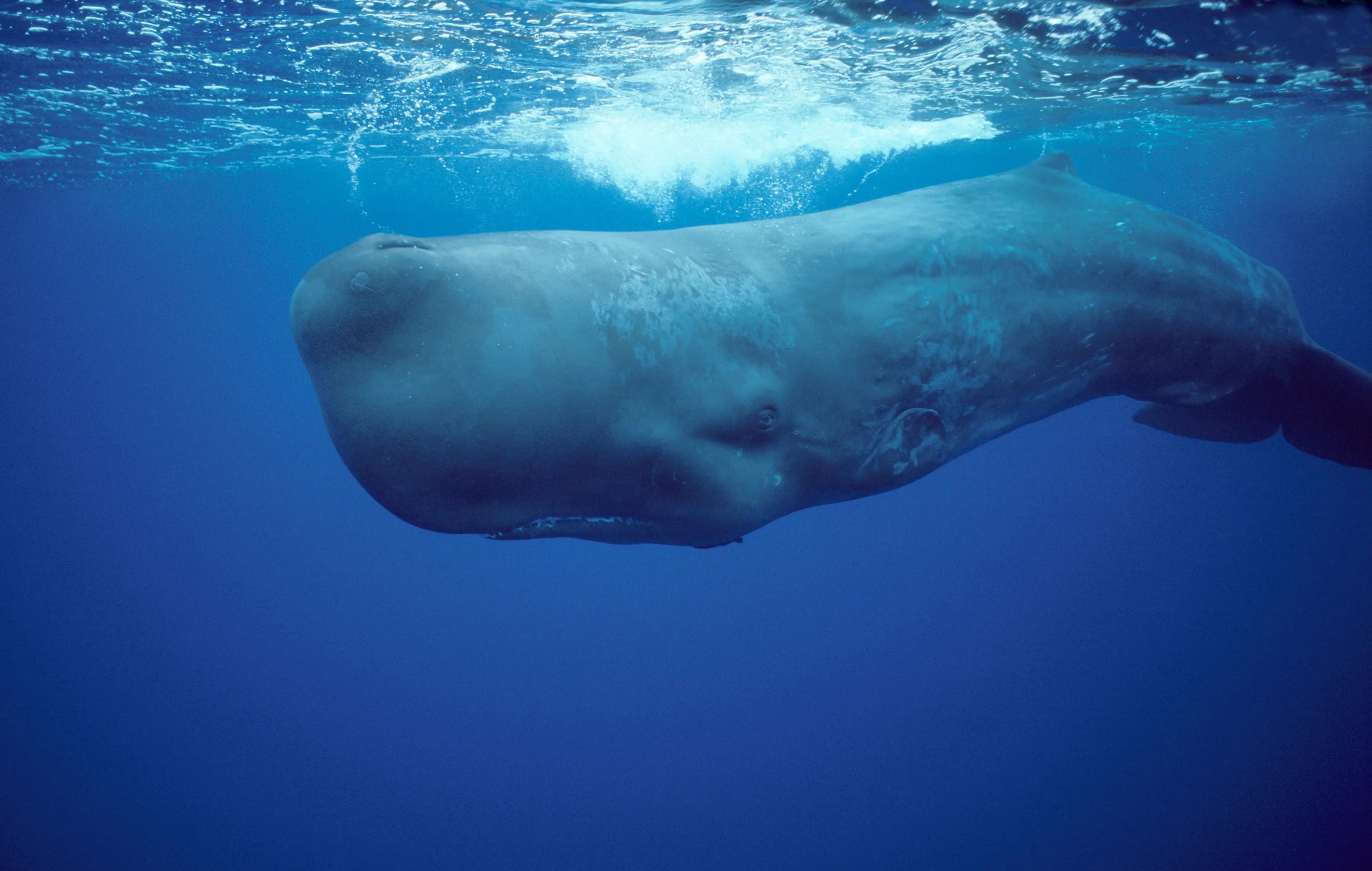
Many of us are familiar with sonar, the method used by submarines, whales, and bats to find their way around, and to find targets.
Sonar is an acronym for Sound Navigation and Ranging, and uses waves of sound to map the environment around the source.
It works by sending out a pulse of sound which then reflects back from an object.
Advert
Mapping is achieved by logging the time it takes for the wave to return, which can be used to calculate the distance of the object.
Some animals have evolved to use sonar naturally, for example dolphins which have a special organ in their forehead containing an oil-like substance to receive the sound waves back
And while listening to a dolphin's clicks and whistles might make it seem like sonar doesn't have a big physical impact this could not be further of the truth.
Sperm whales are amazing users of sonar, and are named after the substance contained in their heads which picks up sonar, called spermaceti.
If you must know, the name is because the spermaceti resembles another substance.

Sperm whale sonar is so powerful that some biologists have even theorised that larger males could use it not just to locate prey, but to stun it as they close in.
So you can imagine that the sonar used on board submarines is extremely powerful as it has to be able to image things a very long way away.
While the impact of Sperm whale sonar on humans is unclear, outside of anecdotal reports of divers feeling as though they'd been kicked in the chest, military sonar has been shown to pose a clear risk to humans.
One group of Australian divers were on the sharp end of this when they encountered a Chinese PLA-N destroyer.
The HMAS Toowoomba had paused in international waters in 2023 as its propellors became entangled in fishing nets.

Divers had been deployed to disentangle the nets from the propellors when the Chinese vessel drew closer.
Australian defence minister Richard Marles said: "Soon after, it was detected operating its hull-mounted sonar in a manner that posed a risk to the safety of the Australian divers who were forced to exit the water.
"The divers sustained minor injuries, likely due to being subjected to the sonar pulses from the Chinese destroyer."
One marine acoustics scientist told the West Australian that the pulses can even rupture the lungs.
Other symptoms include disorientation, dizziness, temporary memory problems, concentration issues, and temporary hearing loss.
Topics: News, Technology, Weird, Health
